The Future of CMS: AI-Powered Content Management Systems in 2025
Over the last decade, content management systems (CMS) have been the backbone of digital experiences. Platforms like WordPress, Shopify, and headless CMSs have empowered businesses to publish, manage, and scale their online content with relative ease. However, traditional CMS platforms often struggle with repetitive workflows, slow personalization, and limited automation. As we step into 2025, a revolutionary shift is underway: AI-powered CMS. These platforms combine artificial intelligence with content management, creating smarter, faster, and more personalized experiences for both businesses and end-users.
Imagine a world where content is automatically generated, SEO optimized, and personalized for each visitor—all without lifting a finger. AI-powered CMS is not just a futuristic idea; it’s already becoming the new norm for forward-thinking companies seeking efficiency, scalability, and superior user engagement.
Current CMS Landscape
Before diving into AI integration, it’s important to understand the current CMS ecosystem:
- WordPress – Still the dominant CMS, highly flexible with plugins but heavily reliant on manual management.
- Shopify – E-commerce CMS that’s easy to use but often limited in automation beyond apps.
- Headless CMS – Offers freedom to deliver content anywhere but requires technical expertise and external tools for personalization and automation.
While these CMS platforms serve millions, businesses now demand smarter solutions that reduce manual tasks and improve content efficiency. This is where AI-powered CMS steps in.
How AI is Changing CMS
AI integration in content management systems is redefining workflows. From automated content creation to predictive analytics, AI capabilities allow marketers and developers to focus on strategy rather than repetitive tasks. Some key AI trends include:
- Automated Content Generation – AI can produce blogs, product descriptions, and social media posts, maintaining consistency in style and tone.
- Smart Tagging & SEO Optimization – AI scans content, suggests optimal keywords, meta descriptions, and readability improvements for higher search rankings.
- Personalization at Scale – Delivering content recommendations based on user behavior, interests, and engagement patterns, ensuring every visitor sees the most relevant information.
- Multilingual Support – AI can translate content into multiple languages while preserving context, tone, and brand voice.
- Analytics & Insights – AI interprets user interactions to provide actionable insights, highlighting what content works best and where improvements are needed.
A Full Evaluation: Key Benefits and Risks
Key Benefits
- Faster Content Production – AI reduces manual creation time, enabling rapid publishing cycles.
- Better SEO Performance – Optimized content drives organic traffic and enhances online visibility.
- Enhanced User Engagement – Personalized experiences increase interaction and retention rates.
- Scalability & Flexibility – Easily manage large content volumes across multiple channels.
- Reduced Operational Costs – Automation reduces the need for large editorial teams for routine tasks.
Key Risks
- Over-Automation – Excessive reliance on AI may result in generic or impersonal content.
- Accuracy Issues – AI-generated content requires human oversight to ensure factual correctness and tone alignment.
- Plagiarism Concerns – AI content can inadvertently copy patterns from existing sources; manual review is essential.
- Technical Complexity – Implementing AI-powered CMS may require technical expertise and integrations with other tools.
Real-World Applications & Case Studies
Several brands have already embraced AI-powered CMS, showcasing its impact on efficiency and engagement:
| Brand | AI-Powered CMS Use Case |
|---|---|
| Shopify | AI-generated product descriptions, dynamic recommendations, and optimized SEO metadata, improving conversions and customer engagement. |
| WordPress VIP | AI-assisted content suggestions, automated SEO, and intelligent curation for enterprise publishing platforms. |
| Contentful | AI-powered tagging, predictive analytics, and multi-language translations for global campaigns. |
AI-Powered CMS vs Traditional CMS
| Aspect | AI-Powered CMS | Traditional CMS |
|---|---|---|
| Content Creation | Automated, personalized, multilingual-ready, and consistent tone. | Manual creation, time-consuming, limited personalization. |
| SEO Optimization | Automatic keyword suggestions, meta descriptions, readability, and performance insights. | Manual optimization, requires human expertise. |
| User Experience | Personalized, context-aware content delivery for each user. | Generic, one-size-fits-all experience. |
| Publishing Speed | Fast, automated workflows allow near-instant publishing. | Slower due to manual approvals and editing processes. |
Roadmap to Adopting AI-Powered CMS
Businesses looking to leverage AI-powered CMS should take a strategic approach:
- Audit current CMS and content workflows to identify bottlenecks.
- Select a platform or plugin with strong AI capabilities aligned with business goals.
- Train AI on existing content to ensure consistency and personalization.
- Implement gradual automation with human oversight to maintain quality.
- Track KPIs such as publishing speed, engagement metrics, and SEO performance.
Final Thoughts
AI-powered CMS is not just a tool; it’s a revolution in content management. By integrating automation, intelligence, and personalization, businesses can achieve faster publishing, enhanced user engagement, and improved ROI. In 2025, companies that embrace AI in their CMS strategy will gain a significant competitive advantage.
The future of content is smart, adaptive, and AI-driven. Whether you are a marketer, developer, or business owner, understanding AI-powered CMS is crucial to staying ahead in the digital era. Investing in these technologies today is an investment in the future of your business.
